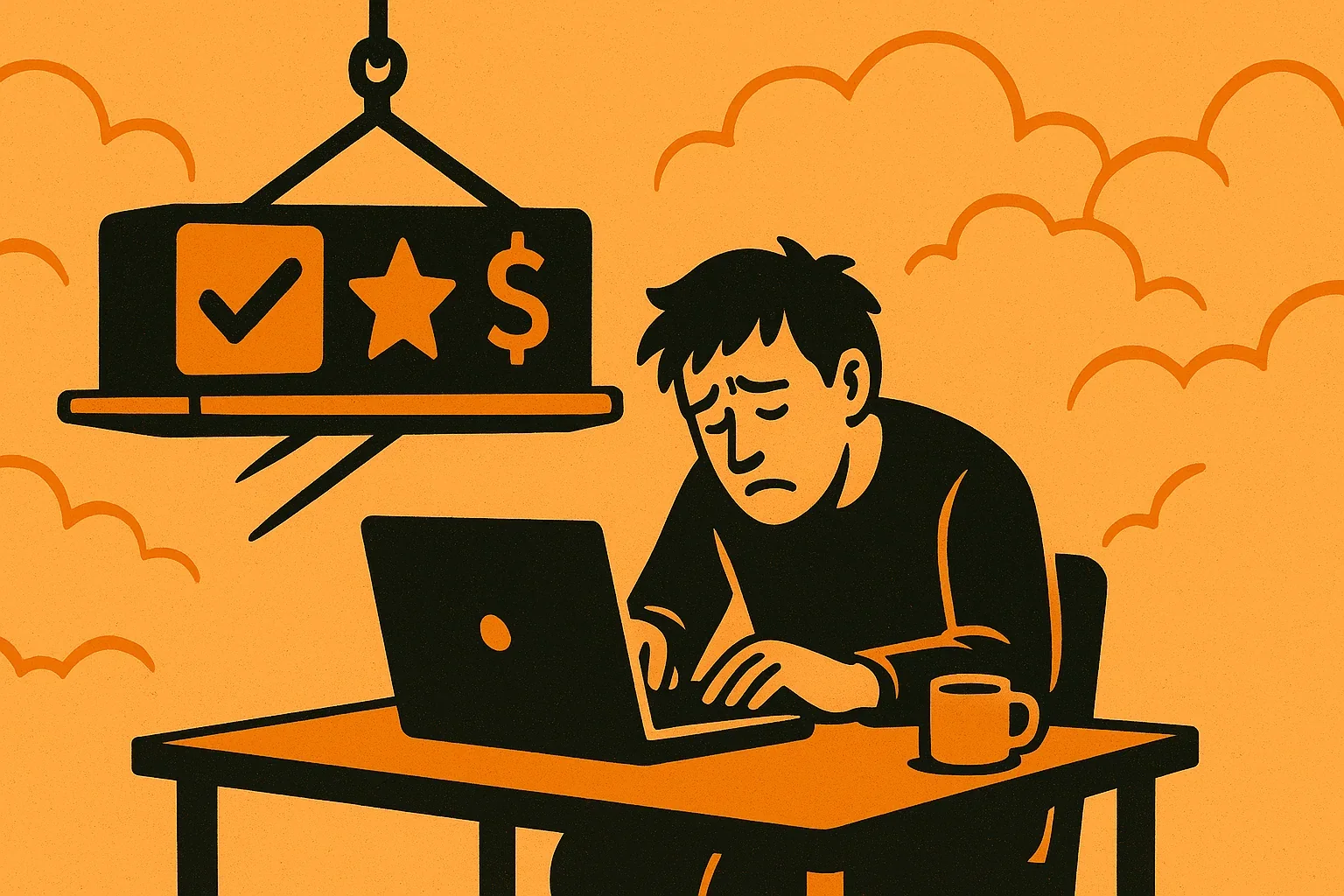The platform economy and online freelancing appear on the surface to be a space for freedom and ambition, but at its core it reshapes the human relationship to work in a complex way that blends digital seduction and soft exploitation. This type of economy has provided opportunity for millions of people, but it has also created a huge class of invisible workers who work without protection, without security, and without a voice.
More than 1.57 billion people around the world work as freelancers, and the value of the freelance market will exceed $582 billion in 2025. But behind these glowing numbers lies a disturbing psychological and economic reality. Behind the slogan "flexibility and independence," freelancers live under constant pressure from digital algorithms that control job opportunities, arrange accounts, and enforce the logic of Always Available. With no contracts or legal protection, the freelancer becomes an employee without rights, working more for less, and earning less.
The study reveals the dimensions of "soft exploitation": no direct coercion or strict bosses, but unspoken psychological pressure that pushes the freelancer to work non-stop for fear of losing clients or low ratings. More than 80% of freelancers do not receive any psychological or professional support, and one in five have experienced depression related to freelancing. Although platforms describe them as partners, they deduct up to 20% of their income as commissions, and control their accounts in a unilateral manner that can lead to their closure without explanation.
In the Arab world, the number of digital platform workers has doubled in recent years, especially in Egypt, Morocco, Jordan, and the Gulf states, driven by the lack of local job opportunities and their desire to earn money in "hard currency." But this apparent success has masked serious challenges such as sharp fluctuations in income, harsh global competition, and the emergence of so-called "disguised online unemployment"-lots of work without sufficient return and no clear career path.
Conclusion
Yes, we are living in a form of soft exploitation - not because it imposes oppression on us, but because it makes us willingly accept it under the banner of digital freedom. However, this does not mean that the future of digital work is completely dark, but it needs fair regulation that protects the human before the platform, and the value of work before profit margins.
To watch the video and read the full analytical paper, please scroll down.
The platform economy and online freelancing: Are we experiencing 'soft exploitation'?
In the platform economy... freedom is not free, it costs your health, time and safety.

Comments